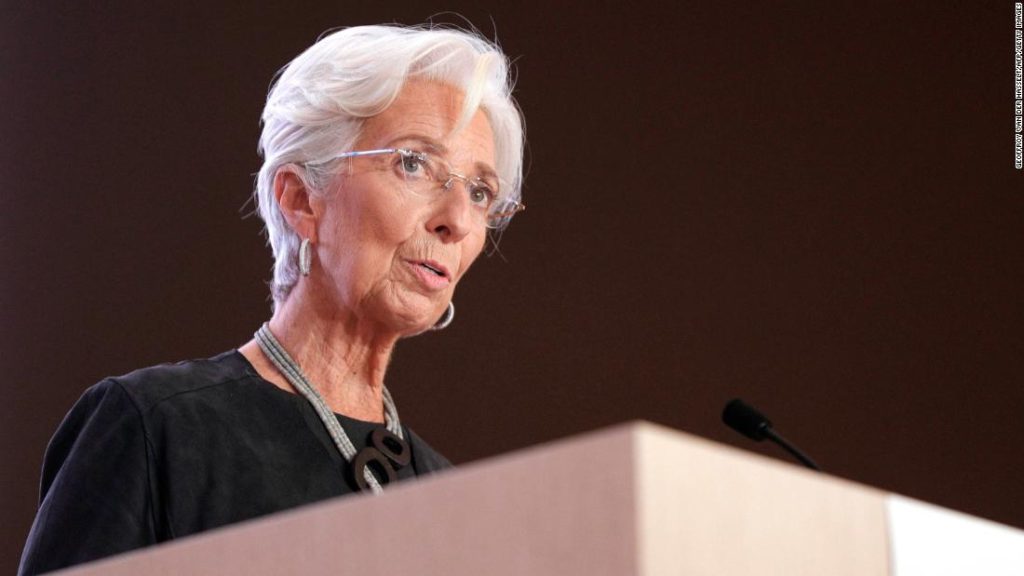
The central bank said in a statement on Thursday that it would increase its asset purchases by €500 billion ($605 billion), bringing the total stimulus program to €1.85 trillion ($2.24 trillion). It also plans to extend purchases to at least the end of March 2022 and grant more subsidized loans to banks to stimulate lending.
“The monetary policy measures taken today will contribute to preserving favourable financing conditions over the pandemic period, thereby supporting the flow of credit to all sectors of the economy, underpinning economic activity and safeguarding medium-term price stability,” the statement said.
The ECB said that “uncertainty remains high” with regards to the development of the pandemic and the timing of vaccine distribution, and it therefore stands ready to adjust its tools to ensure inflation, which is currently in negative territory, moves towards its 2% target.
“While the main policy changes announced today were largely as expected, they underline the ECB’s commitment to using its balance sheet well beyond the end of the health emergency in order to keep bond yields exceptionally low,” said Andrew Kenningham, chief Europe economist at Capital Economics.
Despite a record rebound in the third quarter, the EU economy remained 4.2% smaller than its September 2019 level, according to statistics agency Eurostat. Europe is now battling another surge in coronavirus cases, prompting fresh lockdowns in major economies such as Germany, France and Italy. And GDP is expected to contract again in the fourth quarter.
The central bank’s move comes as a dispute between EU member countries threatens to delay the release of €800 billion ($969 billion) in funds designed to speed the region’s recovery from the pandemic. EU leaders meeting this week in Brussels are seeking to negotiate a compromise that would end the standoff initiated by Poland and Hungary over attempts to link payouts to respect for the rule of law.
A delay in payments to badly damaged economies including Spain, Italy and Greece would delay their recoveries and dampen the benefits that are expected to arise from the widespread rollout of vaccines, Bert Colijn, senior eurozone economist at ING, told CNN Business this week.
The International Monetary Fund expects Europe’s economy to shrink by 7% in 2020, a sharper decline than the United States, but less severe than the United Kingdom.
You may also like
-
UK coronavirus variant has been reported in 86 countries, WHO says
-
NASA technology can help save whale sharks says Australian marine biologist and ECOCEAN founder, Brad Norman
-
California Twentynine Palms: Explosives are missing from the nation’s largest Marine Corps base and an investigation is underway
-
Trump unhappy with his impeachment attorney’s performance, sources say
-
Lunar New Year 2021: Ushering in the Year of the Ox

